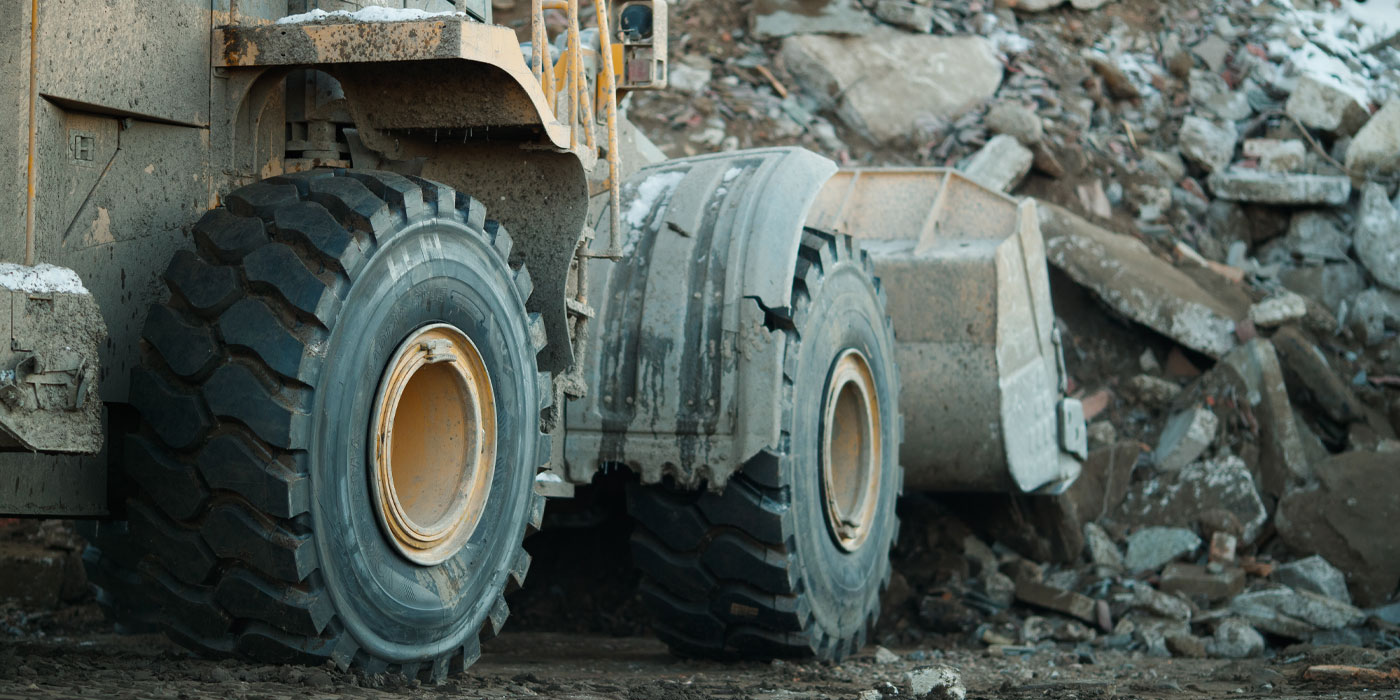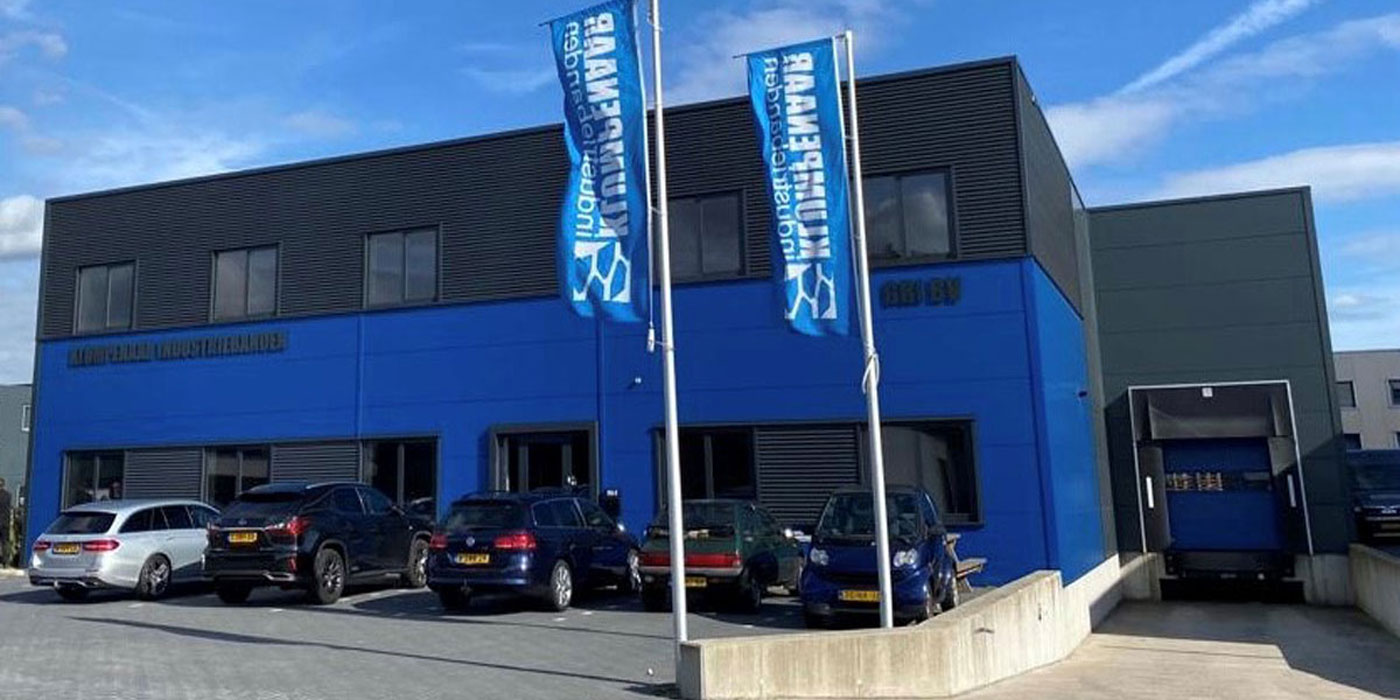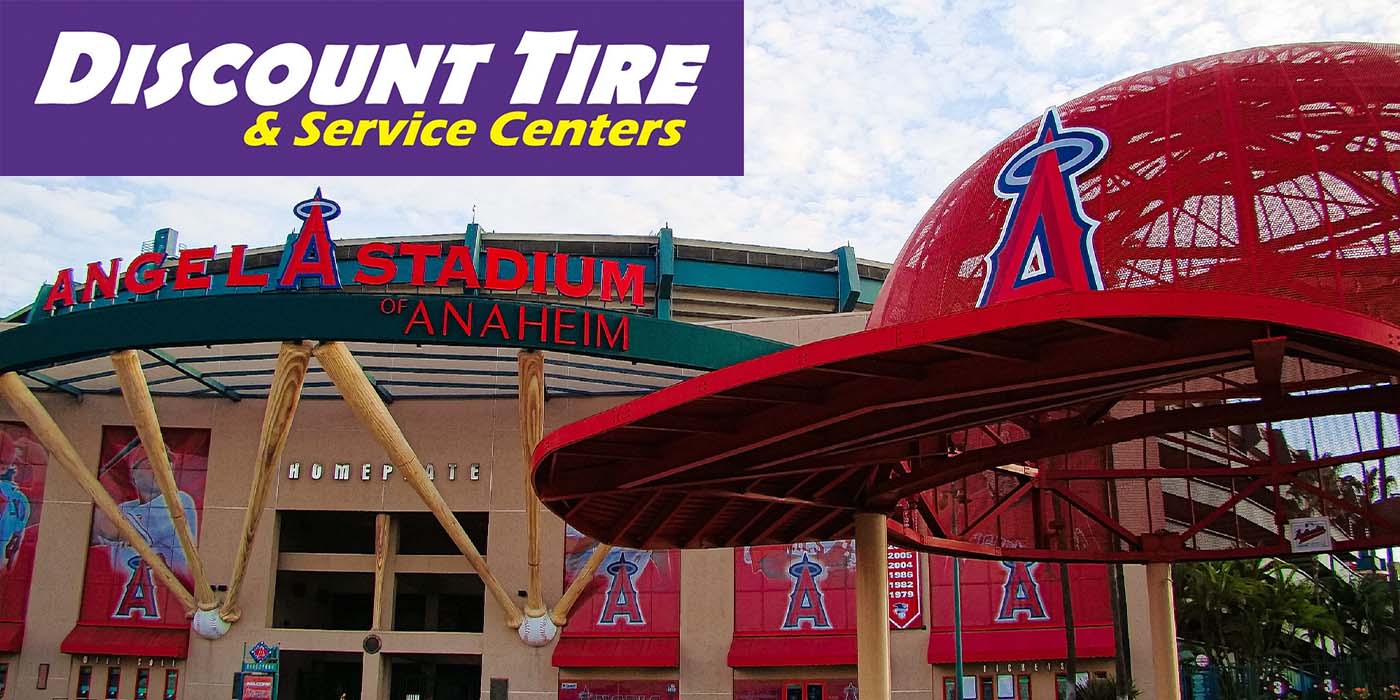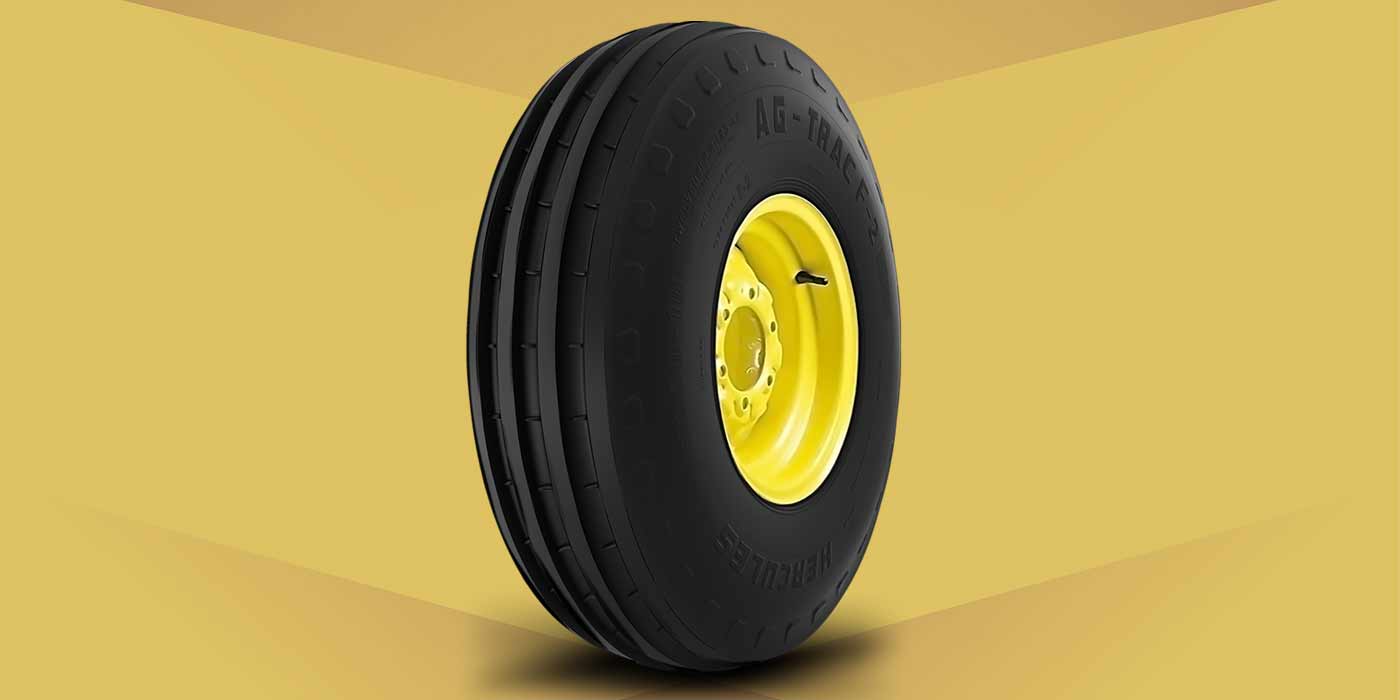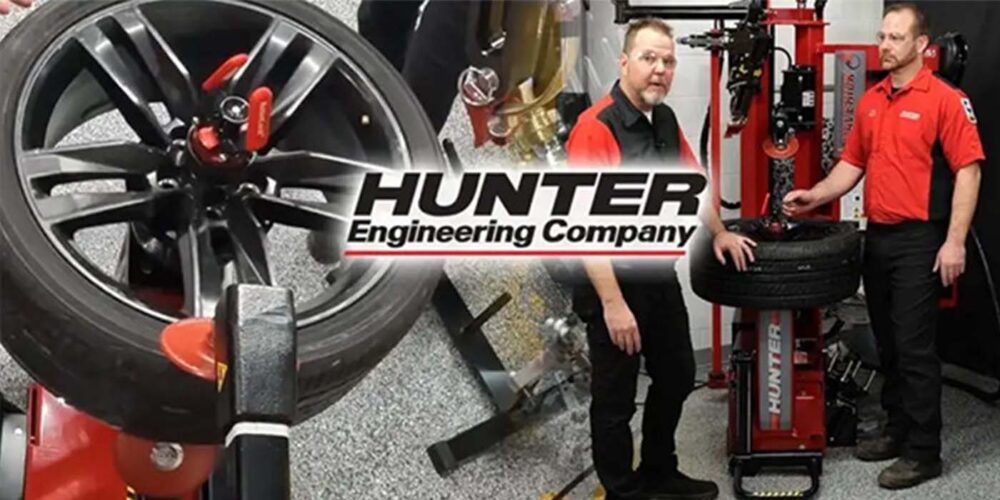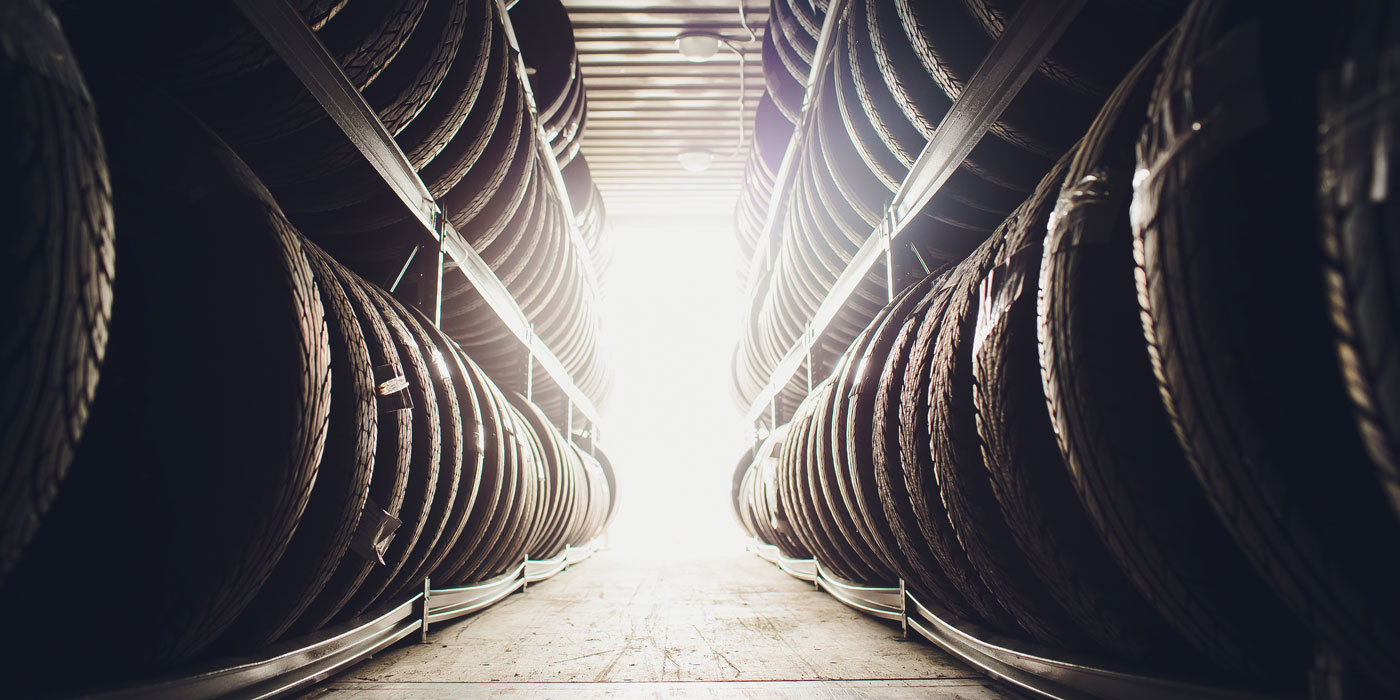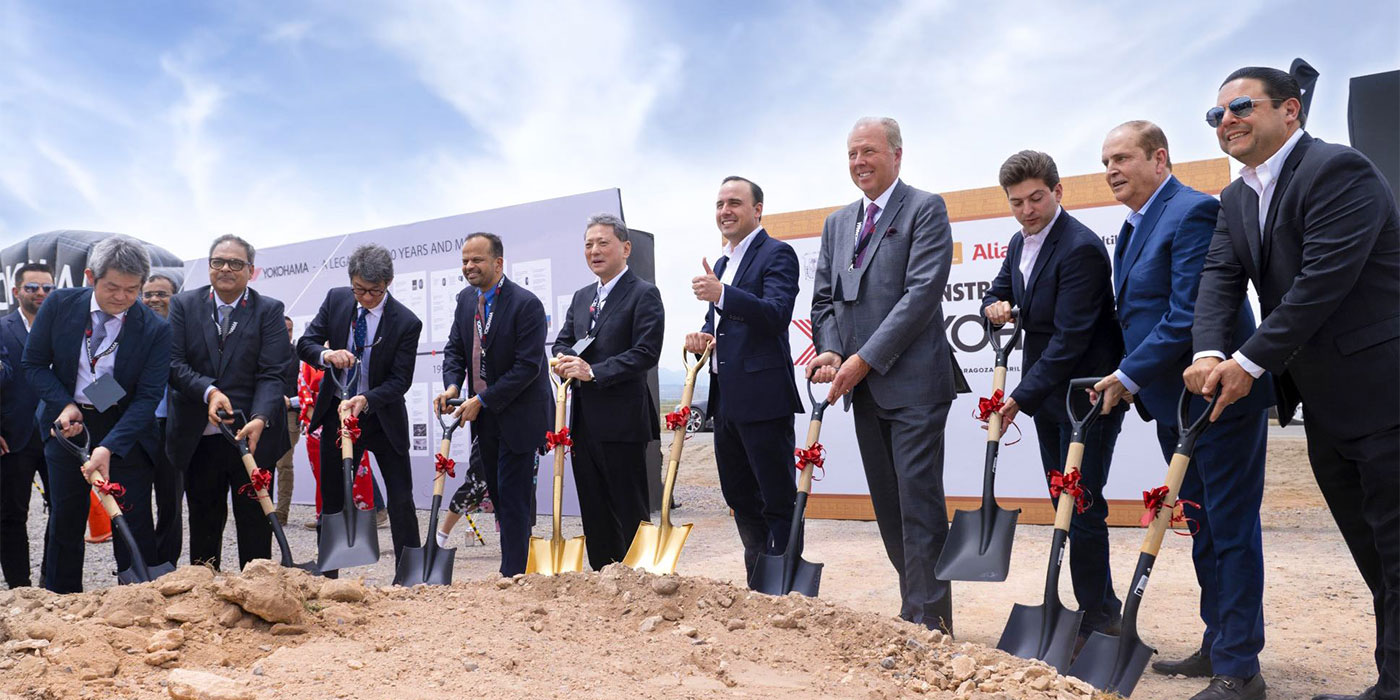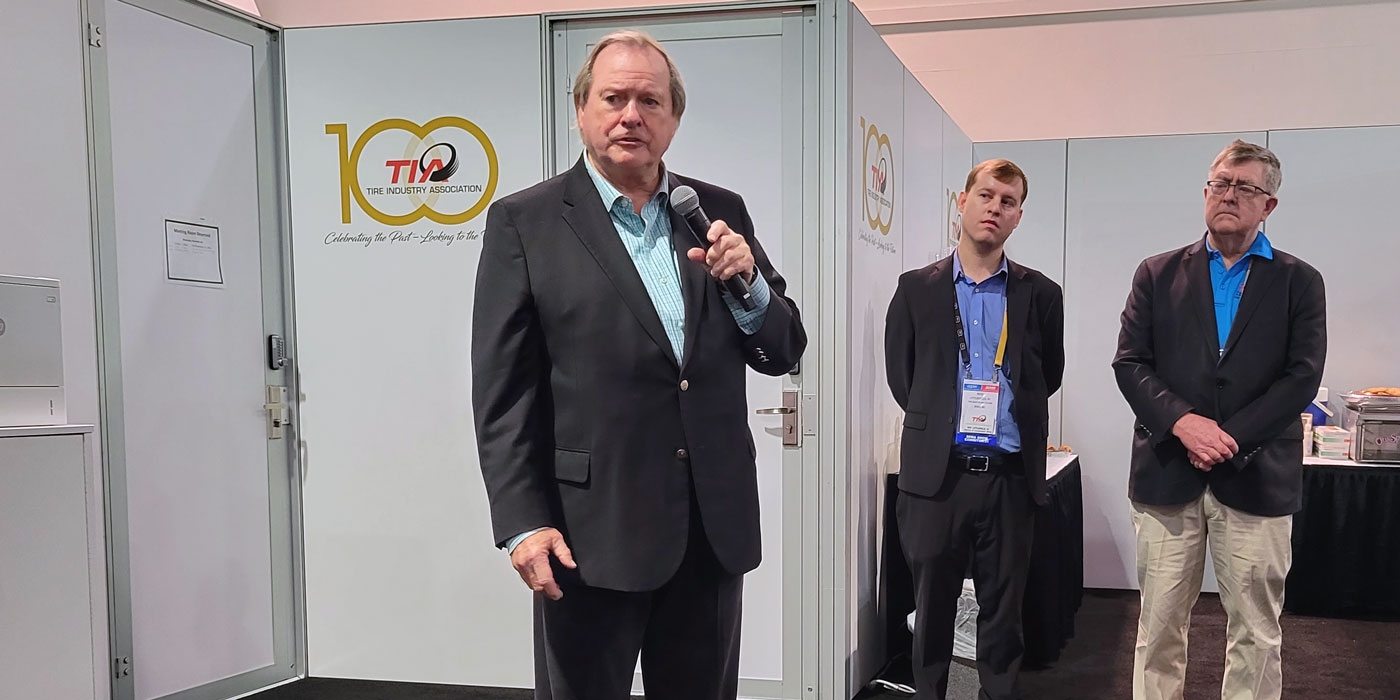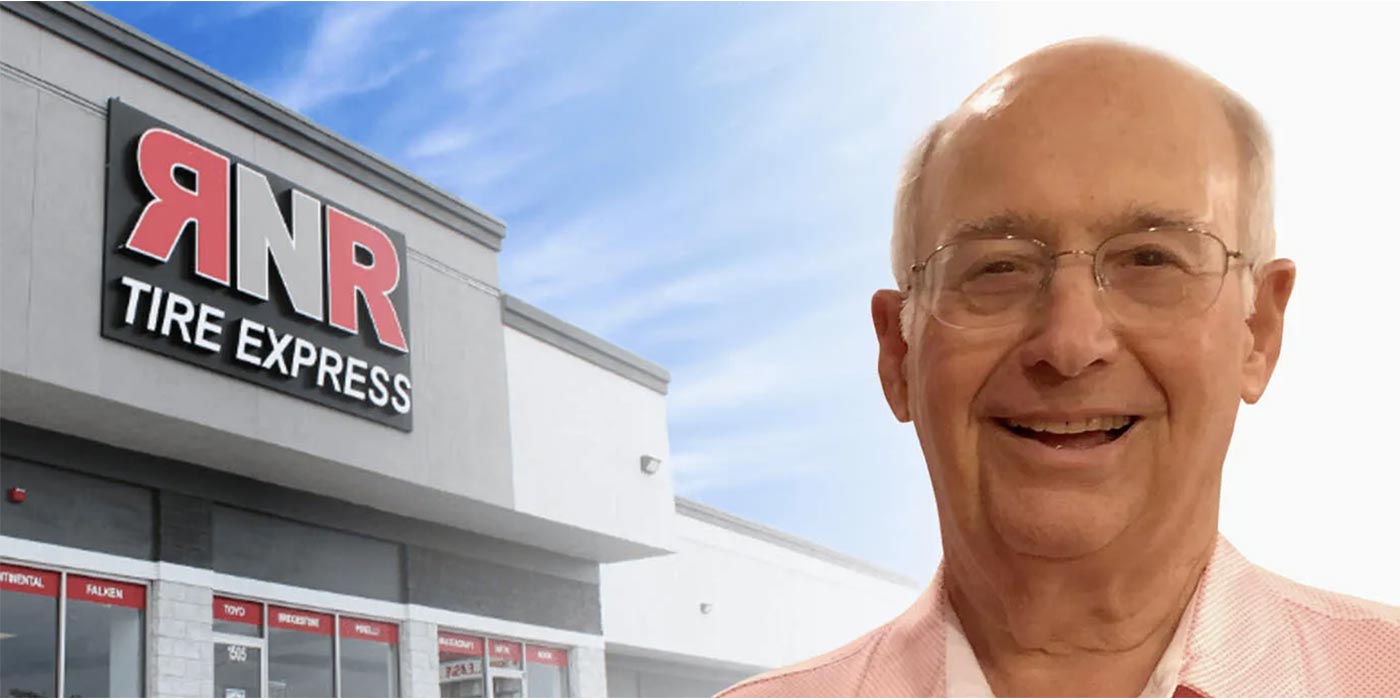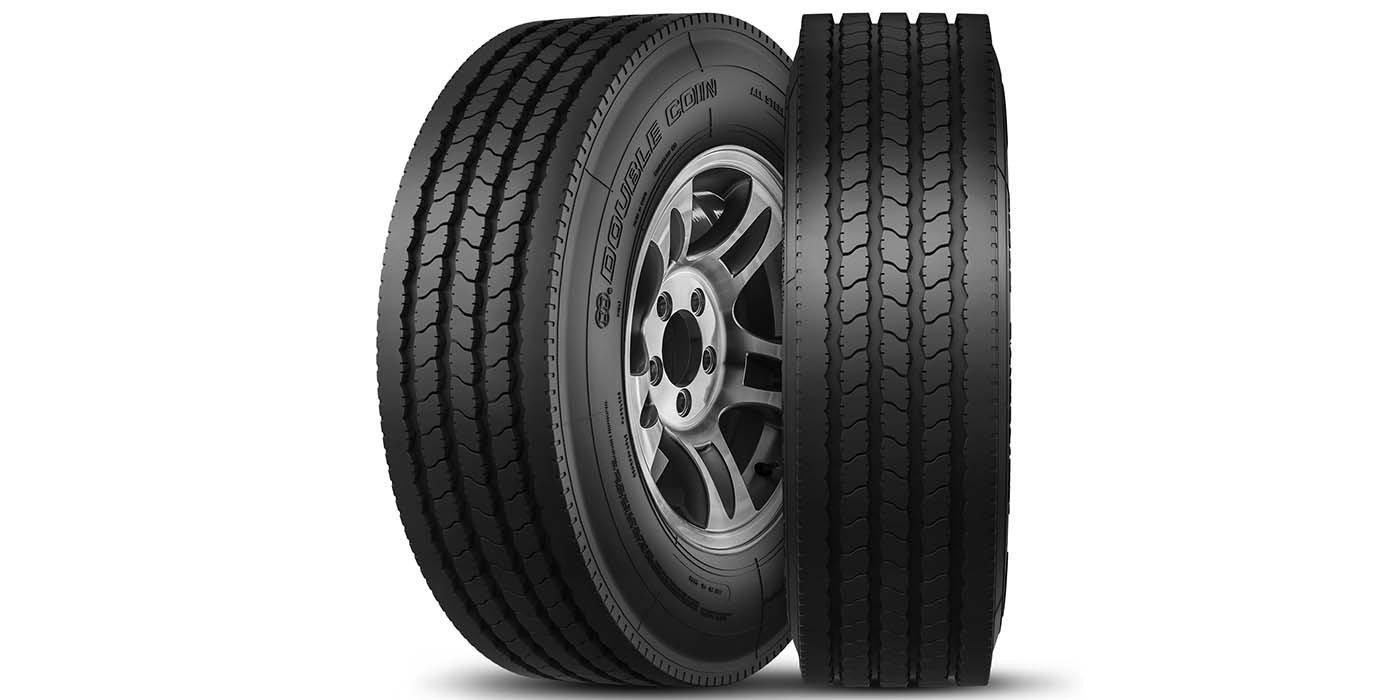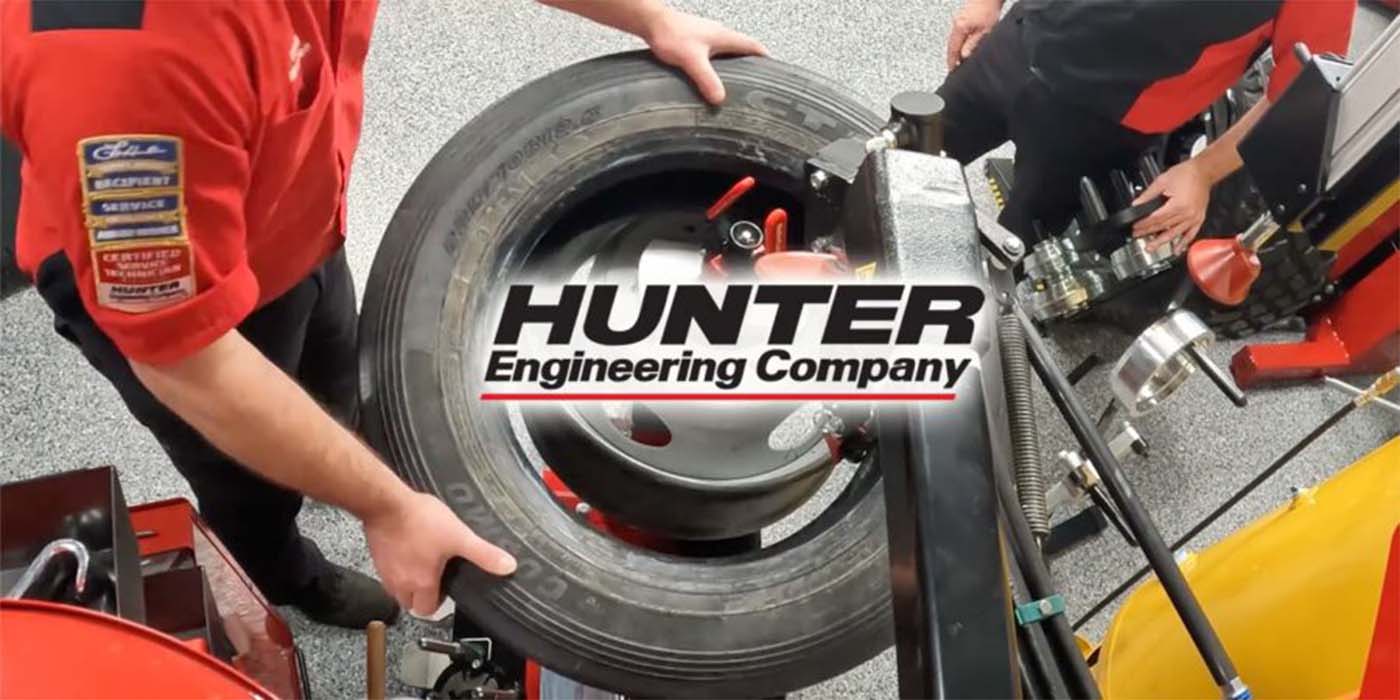September is coming, as does the question: "What’s going to happen with the China tariff?"
Specifically, people want to know what will become of the punitive added tariff that has impacted all U.S. consumer tire pricing for the last three years.
The Obama Administration, in an obvious move to placate the USW – though it was positioned as a way to protect American manufacturing – placed an added tariff on all China-made consumer tires imported into the U.S.: starting with a 35% added tariff from September 26, 2009, dropping to 30% on the following anniversary, and to 25% as of last September.
On this coming Sept. 26, the entire added tariff scheme is supposed to end.
Maybe.
Despite all of the ‘American manufacturing’ feel-good wrapped around the tariff, in the three years since it turned the U.S. tire business upside down, not a single plant was built to produce lower priced tires (of which China was the primary supplier) and not a single low-priced tire job was added.
Even if you believe the hoo-hah from the White House that the tariff program “saved” 1,200 American jobs, even free-trade supporter Peterson Institute for International Economics found the whole thing ridiculous. The institute estimated that the tariff cost American drivers an additional $1.12 billion (with a B) to buy tires – an astounding $936,000 per job supposedly saved.
See if you could float that production cost past any tiremaker.
Of course, the USW – mixers of the protectionist Kool-Aid the Obama Administration gulped down by the gallon – likes to point out the more than $1 billion (with a B) in new U.S. tire capacity has been announced since the tariff took hold. While I favor orange Kool-Aid myself, the sour mash fact here is that not a single dime of added capacity will be fixed on entry-level tires, the kind of products China-made tires filled on so many dealer product screens.
To be fair, the added tariffs did give us a few benefits. Such as an overall increase in consumer tire imports as manufacturers moved production to non-tariff states. As imports from China fell off, imports from South Korea, Indonesia, Taiwan, Malaysia and other Asian nations increased. As a result, American manufacturing was further damaged.
We also got marked increases in wholesale and retail tire prices as companies importing from China had to make up some cost ground and domestically located producers sought to maintain that careful price balance between “low price” tires and their cherished “premium” products.
All of that price shuffling resulted in American drivers getting socked by dozens and dozens of price increases in the 2009-11 period – all at a time when many Americans couldn’t afford to buy new tires – let alone gasoline – regardless the price.
What we also got were American private branders forced to make huge cuts in product range and service as they struggled to find other reliable sources for production or having to deal with higher acquisition costs.
Some familiar tiremakers also got caught up in the tariff, which didn’t specify only Chinese tiremakers. Companies like Cooper decided to absorb most of the tariff cost incurred by Cooper- and Mastercraft-branded tires it chooses to produce in China. Off-shorers Kumho and Hankook and others were forced to spend millions moving production from China to non-tariff countries.
And we also got three straight years of reduced consumer tire shipments and retail tire sales – dollars that won’t be coming back despite tire exec ‘belief’ that such losses are only deferments, and that once the tariffs end everything will be rosy. “Pent up demand” sounds a lot like that “flight to quality” we heard so much about a decade ago.
Plus, there is one unintended consequence (there is always an unintended consequence) in the growing strength of Chinese tiremakers. You see, ‘level playing fields’ aren’t always about cost and price. They can be about technology and quality. China and its top tiremakers learned that lesson well over the last three years and are now focused on quickly improving their products from ‘world-class’ to ‘world-beaters.’
So what is going to happen on Sept. 26, 2012?
After adding everything up, I predict that added tariffs will somehow be renewed, but likely in the 10%-12% range on a continuing basis. A return to 35% is unfathomable; 25% is plain crazy talk. (Now watch, I’ll be plum wrong.)
It is an election year, after all, and the Dems need union support. And since tariffs-equal-jobs, regardless of the reality the Administration isn’t going to give ground here. Besides, the American government likes to disregard both facts and the obvious; how negative the actual outcome, Washington won’t want to cede ground on trade. So I see a tariff continuing, but hopefully at a more reasonable (and real-world) rate.
I will say that it would be shocking to see widespread wholesale price reductions come Sept. 27. Once they go up, they never seem to come down, now do they? If reductions do come, they will be limited, insignificant and unannounced. So if you hear of any, please pass that info along to me!
* * * * * * *
The tariff issue is an important one, but I think retail dealers also need to pay attention to the potential outcomes from the recent Visa-Mastercard settlement with the government on alleged credit card fee price-fixing.
The $7.25 billion (with a B) settlement was announced July 13, and ends some seven years of legal battles over the fees the card and issuing banks were charging consumers to use Visa- or Mastercard-labeled credit cards. While American Express and Discover were not part of the suit, both will be impacted by the settlement agreement.
In short, the cards and some major banks agreed to pay the fine in exchange for any fee price-fixing claims being dropped. And it will allow retailers – online and bricks-n-mortar – to charge consumers for the right to use credit cards to make purchases. Retailers generally pay 1.5% to 4% of the purchase price to card issuers whenever a credit card is used.
Technically (and I use the word intentionally), retailers weren’t allowed to pass that fee along to the consumer. Now, after the settlement, retailers will be able to charge buyers up to 4% in transaction fees. Any such surcharge must be spelled out separately on the receipt, and retailers must post warnings to consumers that their credit card purchases could incur such a fee.
Of course, retailers can opt to eat any surcharge and/or offer a separate ‘cash-only’ price.
Immediately, some so-called experts called it a victory for the American consumer. “It will drive down the price of goods and help consumers as a result,” said one.
Others had another take: "The clear losers are consumers, as merchants can now enjoy the benefits of accepting credit card payments while also charging consumers a retailer checkout fee," said another.
Actual consumers, interviewed by the Cleveland Plain Dealer while they were shopping in actual retail stores, saw nothing but more financial pain ahead. “Whatever they do, it’s not in my favor," said one man. “Two percent of all your groceries and household supplies – that adds up," a local mom said.
In theory, according to Ohio State assistant professor Itzhak Ben-David, prices should decrease by the same amount as any surcharge. “There is something favorable in or something good in being able to give two prices to people who pay in different means,” he told the Plain Dealer. “So this way, consumers have more choice, which is good.”
Still, he recognized that any surcharge could also stifle consumer spending. “Consumers usually don’t like to pay as they go; they would rather see a monthly bill, Ben-David said. He thinks the surcharge has the feeling of a pay-as-you-go system. Studies have also shown that people pay more when they use credit cards as opposed to cash,” the newspaper reported. “Moving to cash could restrict behavior and lead to more conservative spending.”
"If you’re going to charge extra, does that mean you’d turn around and reduce prices across the board and then only charge those paying with a card extra? That would be the fair thing to do," Trish Wexler, spokeswoman for the Electronic Payments Coalition, told the newspaper. "I think it’s much more likely that prices will stay the same, and some retailers will be looking to double-dip on this."
If there is one thing you can take to the bank here it is that this settlement won’t change laws in the 10 states that prohibit credit surcharges: California, Colorado, Connecticut, Florida, Kansas, Maine, Massachusetts, New York, Oklahoma and Texas.

